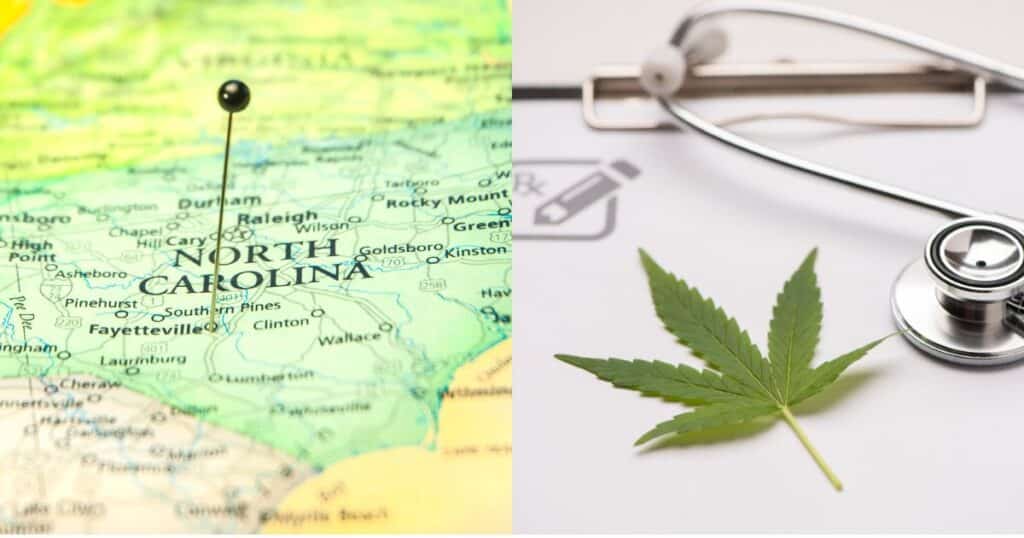In a turn that marks a significant point in North Carolina’s legislative landscape, discussions on medical marijuana legalization are gaining traction. Central to these talks is the potential for a comprehensive reform that not only aims to introduce medical marijuana but also addresses the broader context of CBD and hemp-derived product regulations.

A Glimpse into the Legislation’s Journey
The conversation has evolved considerably, with Senate leader Phil Berger (R-Rockingham) expressing openness to a compromise that would not only push forward with the medical marijuana bill passed by the Senate last March but also encompass regulations around hemp-derived consumable products as first reported by CBS 17.
The discussed bill outlines provisions allowing patients with specific medical conditions such as cancer or epilepsy access to medical marijuana, contingent upon a doctor’s prescription. The move towards medical acceptance reflects a growing acknowledgment of marijuana’s potential therapeutic advantages in a state that has been hesitant to embrace the cannabis regulation observed throughout the United States.
Democrats’ Vision for Cannabis Legislation
Key to the discussions are the insights and demands laid out by Democratic lawmakers, with Sen. Graig Meyer (D-Orange) at the forefront of advocating for a more inclusive, just, and comprehensive approach. Meyer emphasizes the need for the legislation to:
1. Incorporate decriminalization language to address the disproportionate impact of drug laws on various communities.
2. Ensure provisions that enable North Carolinians to actively participate in the medical marijuana industry.
3. Ensure the economic benefits derived from the industry are reinvested into communities historically marginalized and adversely affected by drug criminalization.
Sen. Graig Meyer (D-Orange) voted in favor of the bill last year, but now he says it needs changes.
“It has to include some type of decriminalization language. It has to include a way for North Carolinians to be part of the industry. And, it has to be clear that the money that’s made from it can be reinvested into neighborhoods and communities that have been hurt most by drugs,” he said via CBS 17.
“I want to change the dialogue about cannabis legalization,” said Meyer. “I want to make it clear that I think the majority of people understand that it’s time for us to legalize it, regulate it, grow it, tax it and to take the benefits from it and reinvest it in our communities.”
Path Forward For Medical Marijuana
The move toward cannabis reform in North Carolina is a careful effort. It involves tackling the complexities of medical marijuana laws and dealing with regulations on hemp products. The talks touch on wider drug policy reform issues, underlining the importance of support from all sides and a focus on fixing past unfairness.
Legislators need to agree on any progress in legislation. This means bridging differences, especially among Republicans who are cautious about fully supporting the medical marijuana bill and working with Democrats who want reform that is fair and includes everyone.
While the state government continues to grapple with the complexities of medical marijuana legislation, a significant development unfolded last month. On April 20th, North Carolina witnessed the opening of its first medical marijuana dispensary. This groundbreaking establishment was not opened under state law but rather on tribal lands by the Eastern Band of Cherokee Indians.

The ongoing discussions around medical marijuana legislation in North Carolina underscore a pivotal moment in the state’s legislative history. They present an opportunity to craft a policy that not only acknowledges the medical benefits of marijuana but also addresses broader societal implications.
As lawmakers continue to debate and refine the proposed legislation, the focus remains on striking a balance that reflects both the potential of medical marijuana as a therapeutic agent and a commitment to justice and equity for all North Carolinians.

















